Forum Replies Created
-
AuthorReplies
-
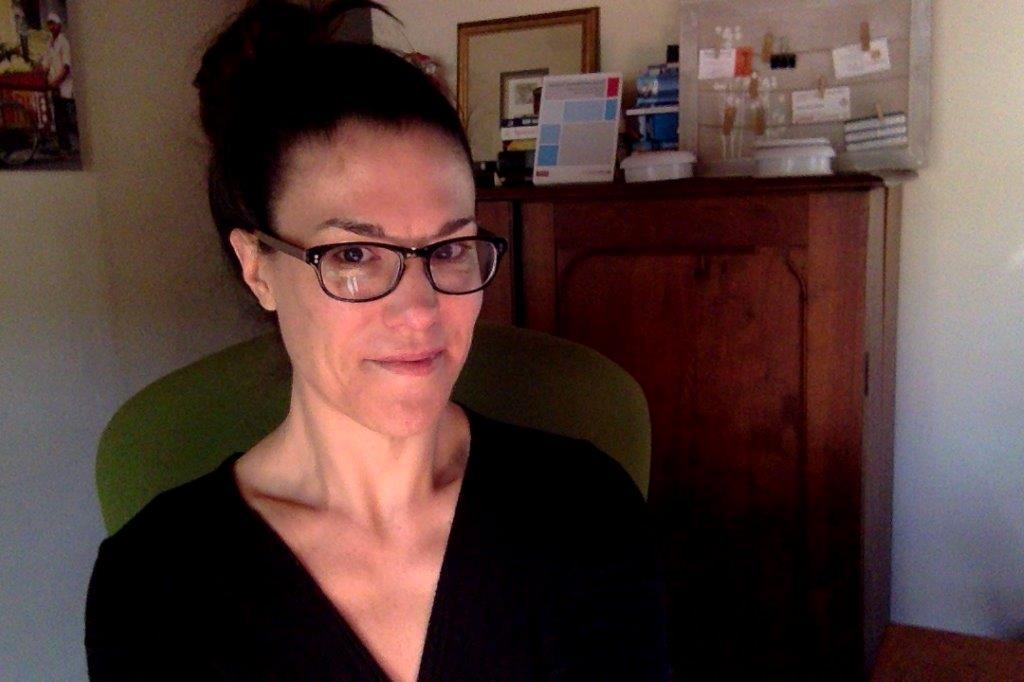 AnneMember
AnneMemberHi Erica and Heidi– I agree that managing personalities, motivations, and expectations is tricky. Balancing these different perspectives and also on sustaining the ‘dialog’ between trials can be challenging! How do you determine which relationships are more relevant in the long-term? Is there a specific way you analyze and prioritize each relationship and determine your own investment?
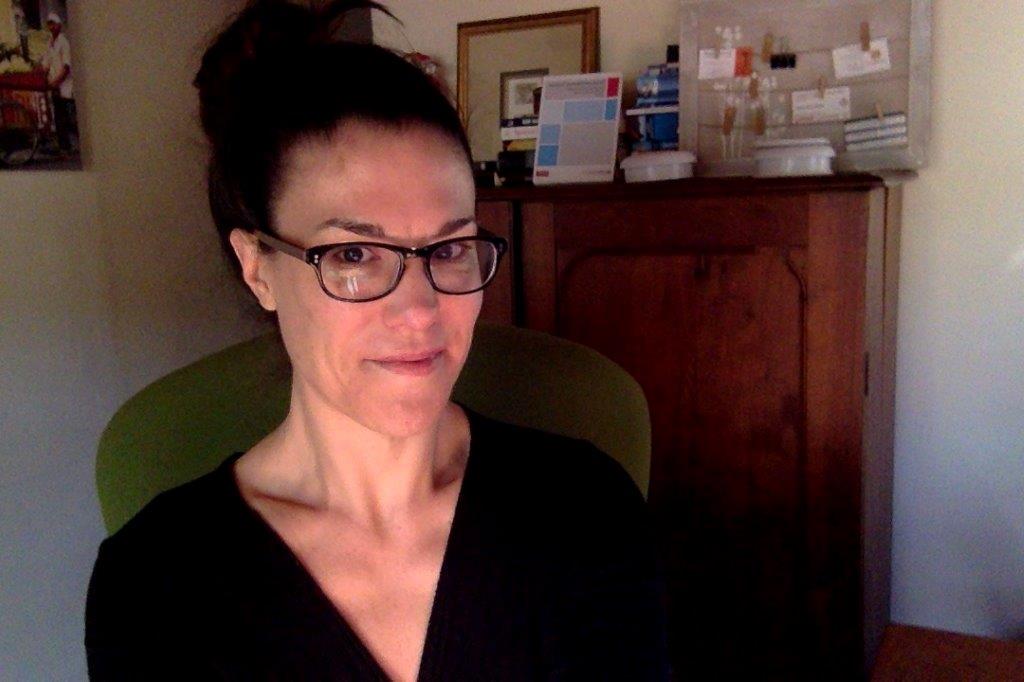 AnneMember
AnneMemberHi everyone! What about engaging community members in formative research activities to help with message development and communications planning? Has anyone had experience with linking formative activities to those aspects of GPP ?
I love Neetha’s comment about engaging stakeholders in a situational analysis– this was probably useful to assess potential risks or identify groups to engage that might spread inaccurate information as well?
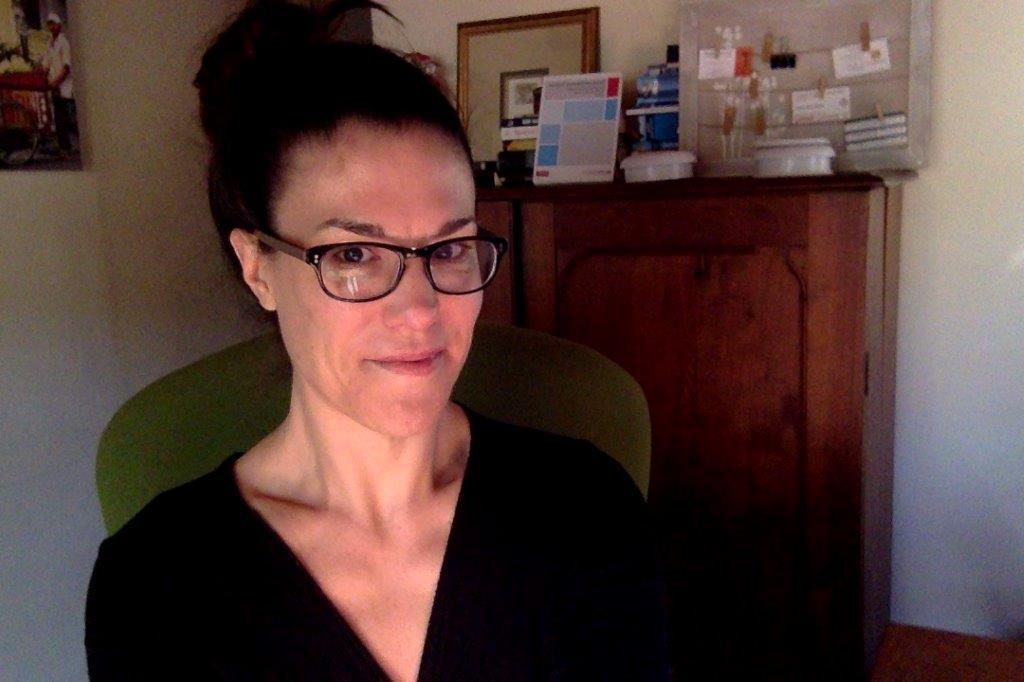 AnneMember
AnneMemberHi all:
Has your engagement with health providers affected by roll out of Option B+? For example, has there been concern about your site’s referrals of HIV-infected participants and impact on the public sector? In some countries, there are big issues with procurement and stock outs of course. So I am just wondering out loud about how this policy/systems change has affected your conversations on the ground?
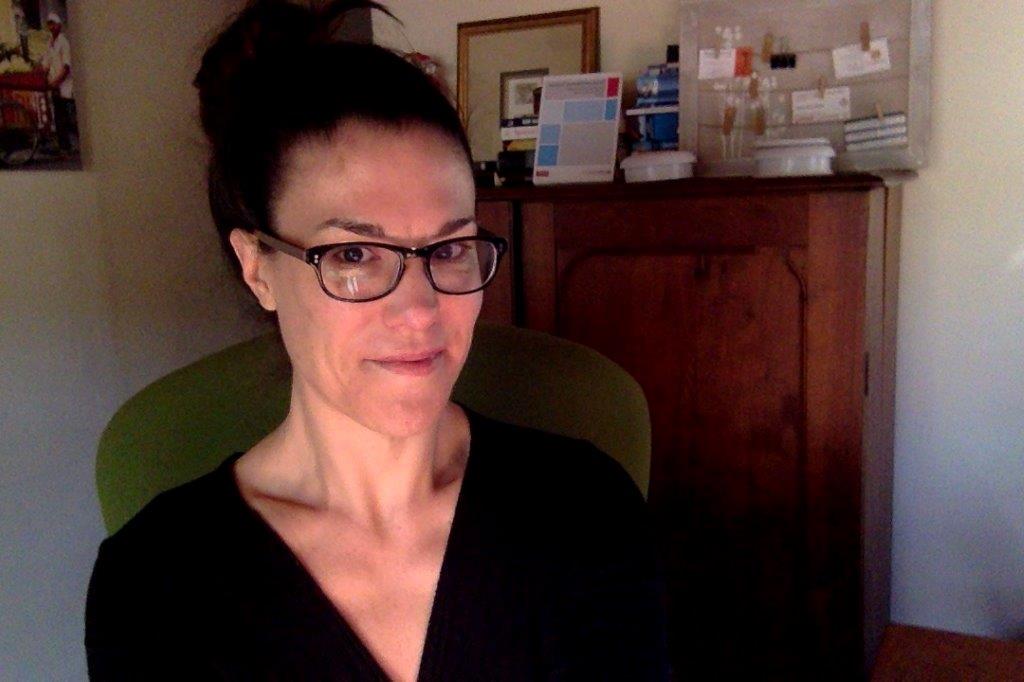 AnneMember
AnneMemberHi Charles and others:
Thank you for the feedback! And sorry for this annoyance! I have reported the Exit button issue to our developers.
Not to worry. The LMS tracks each time a learner attempts the module and when the learner completes the Knowledge Check questions.
So you are safe!
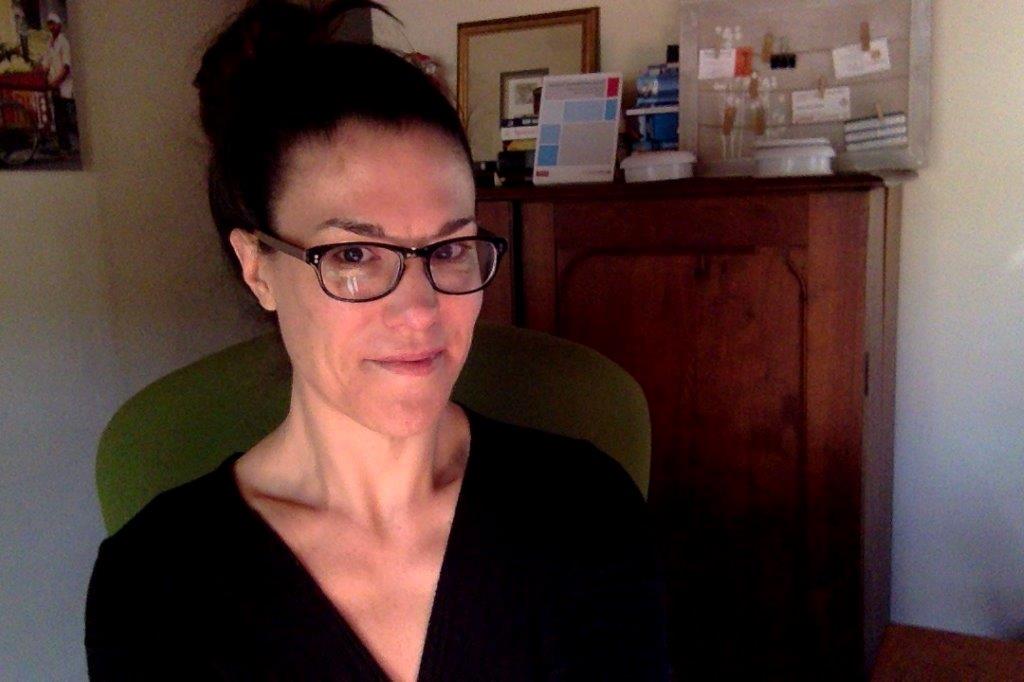 AnneMember
AnneMemberAlice and Wadi– I love your reflective and honest answers. Question for you –what is one realistic and immediate change you could implement, based on what you have learned so far?
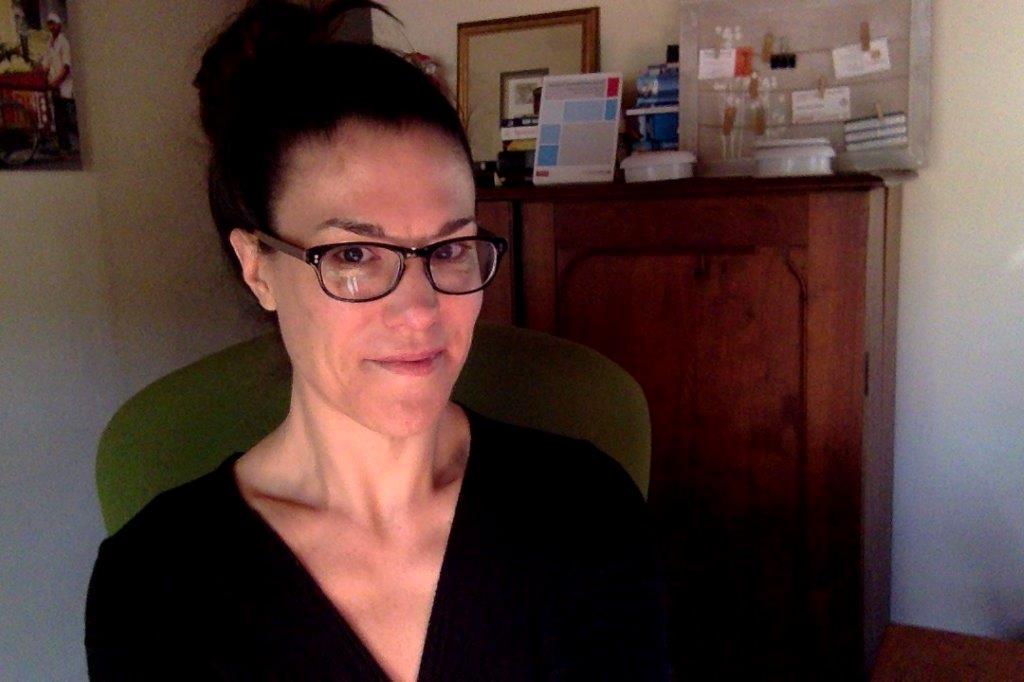 AnneMember
AnneMemberYour points also remind me that trials do not occur in isolation– whether a trial succeeds or not can depend on political, social, cultural and other contextual factors. Keep these important issues in mind and incorporate them into your GPP planning— as you start reflecting more about how stakeholders can help you with processes like problem-solving, communication, messaging and contingency plans!
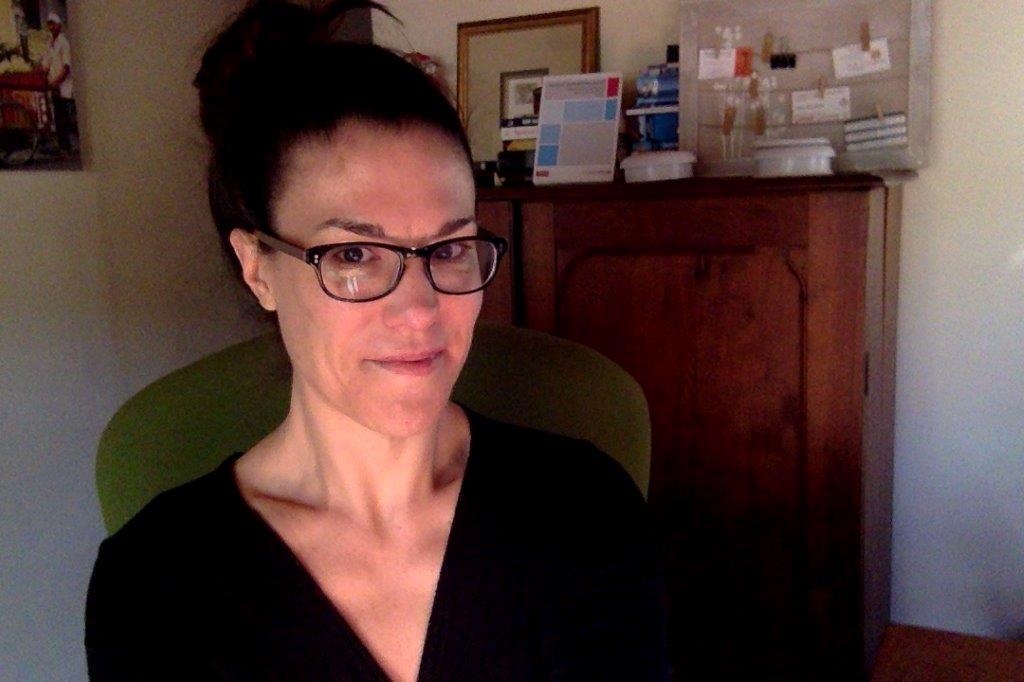 AnneMember
AnneMemberThis is an interesting scenario. If you are aware there will be protests or, for example, an annual ‘strike season’ in your setting, can you include this in your scenario planning with team members before the trial begin–in order to analyze and prioritize the issue a but more? For example, do the protests threaten the research in any other way, besides pushing timelines?Are there safety concerns for participants, for example? Many events like these can be managed with good planning or even turned into opportunity. In one my trial settings, we actually used community protests as an opportunity to engage our media outlet!
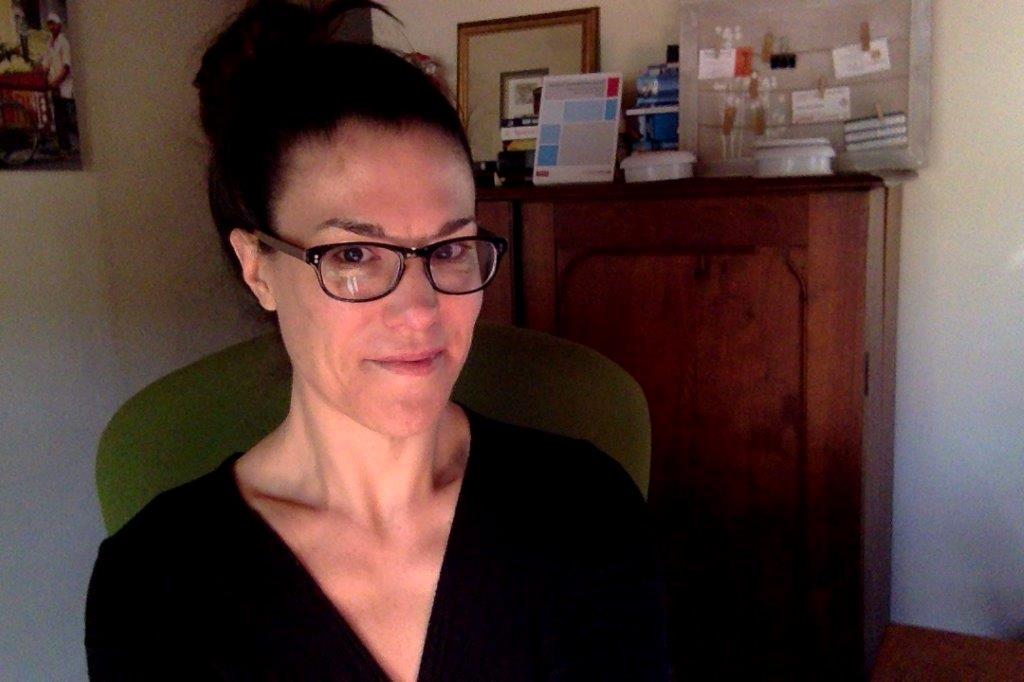 AnneMember
AnneMemberLesson 2 is up and running as of Tuesday! Thanks for you patience!
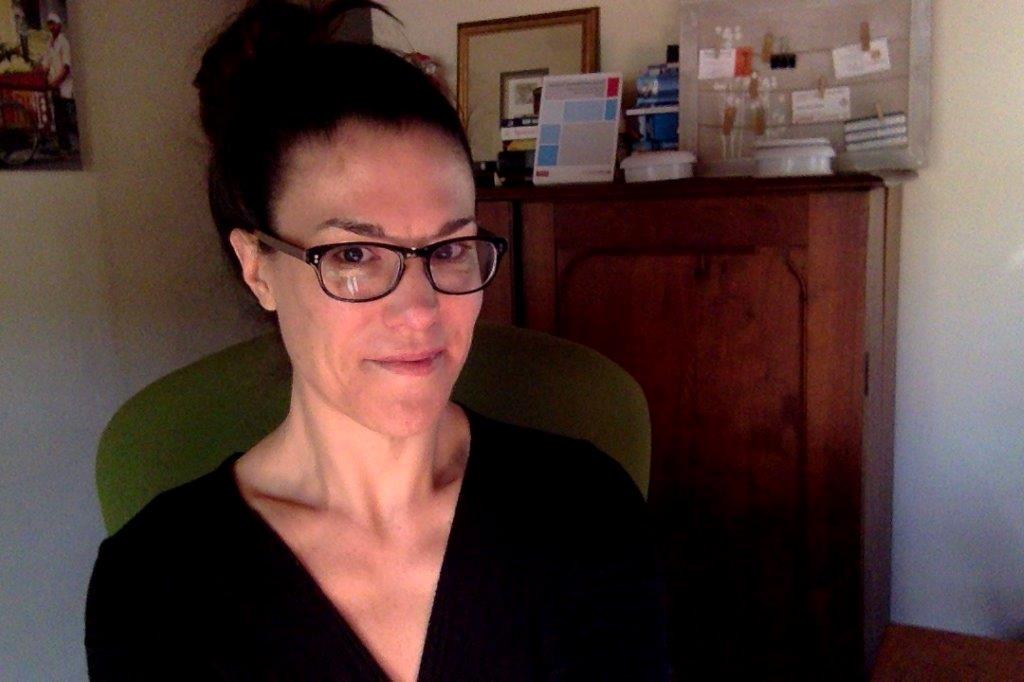 AnneMember
AnneMemberHi everyone:We have resolved the issue with Lesson 2– the online module is up and running!
Thanks,
Anne
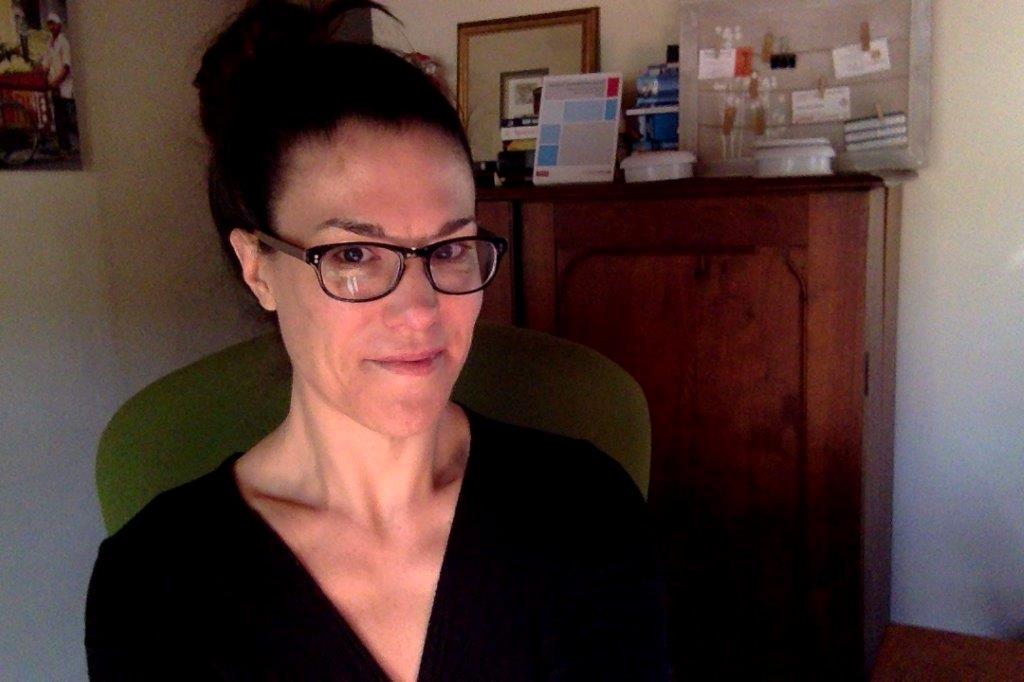 AnneMember
AnneMemberHi all:
There is a technical problem with the Lesson 2 links. We are actively working on the problem!
Thank you for your patience!
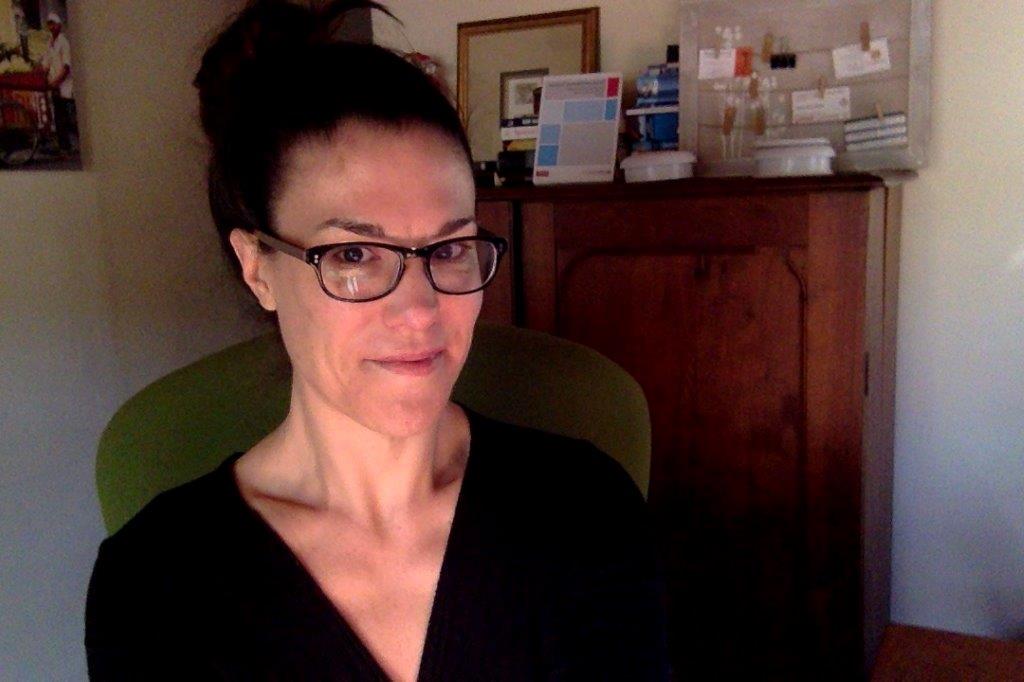 AnneMember
AnneMemberIssue: There is inconsistency in your communication with stakeholders…you say that you are going to keep your stakeholders updated, but you lack the resources to do so.
Action: Agree with stakeholders upfront about the plan for feedback and communication– ie how often they will be updated and through what channels. This will help mitigate any potential conflicts!
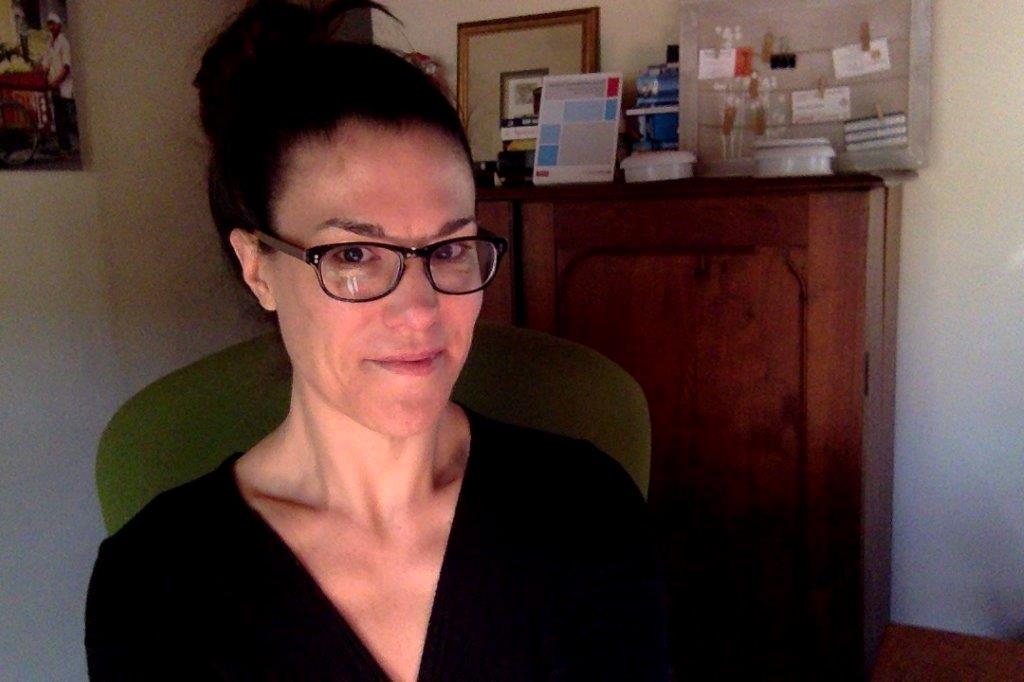 AnneMember
AnneMemberThanks Edna. It should be fine, and I appreciate the feedback about functionality. I can report this to our design team.
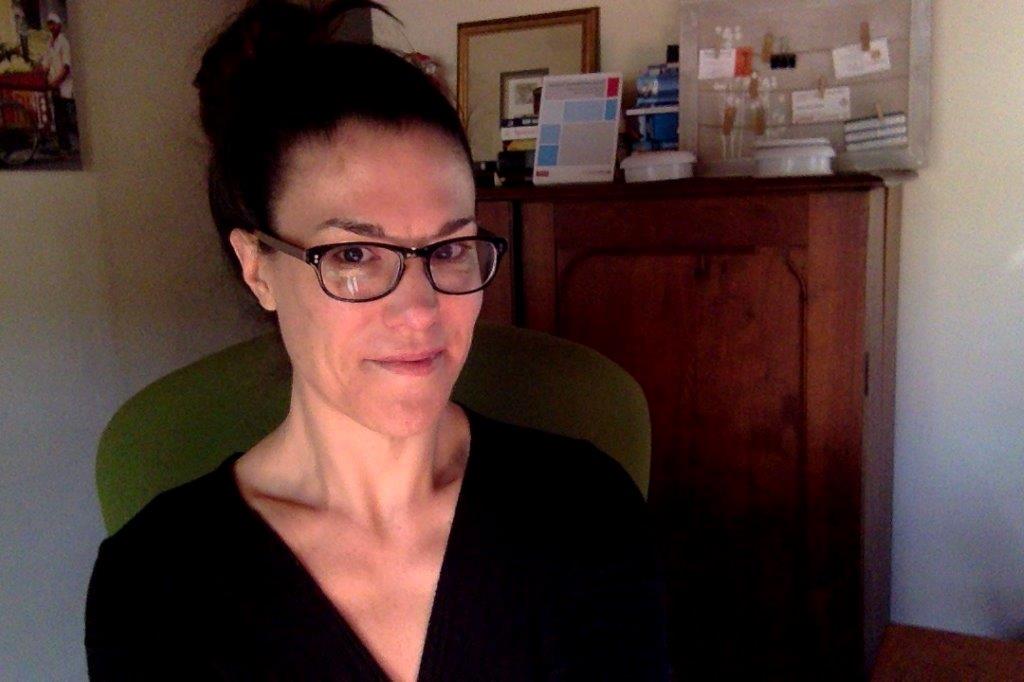 AnneMember
AnneMember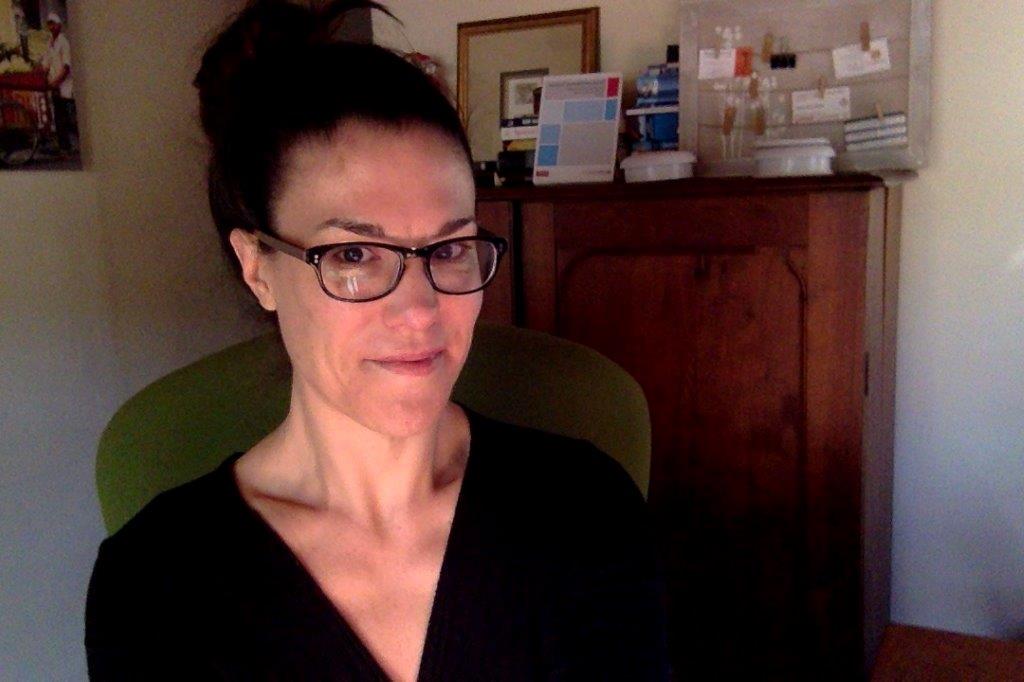 AnneMember
AnneMemberHi Alice– if you completed all of the steps on the Module 1 lesson page: online module (we can see on the back end who has finished), assignment submission, and discussion forum posts (per your track requirements)…then YES!!! You can relax…..
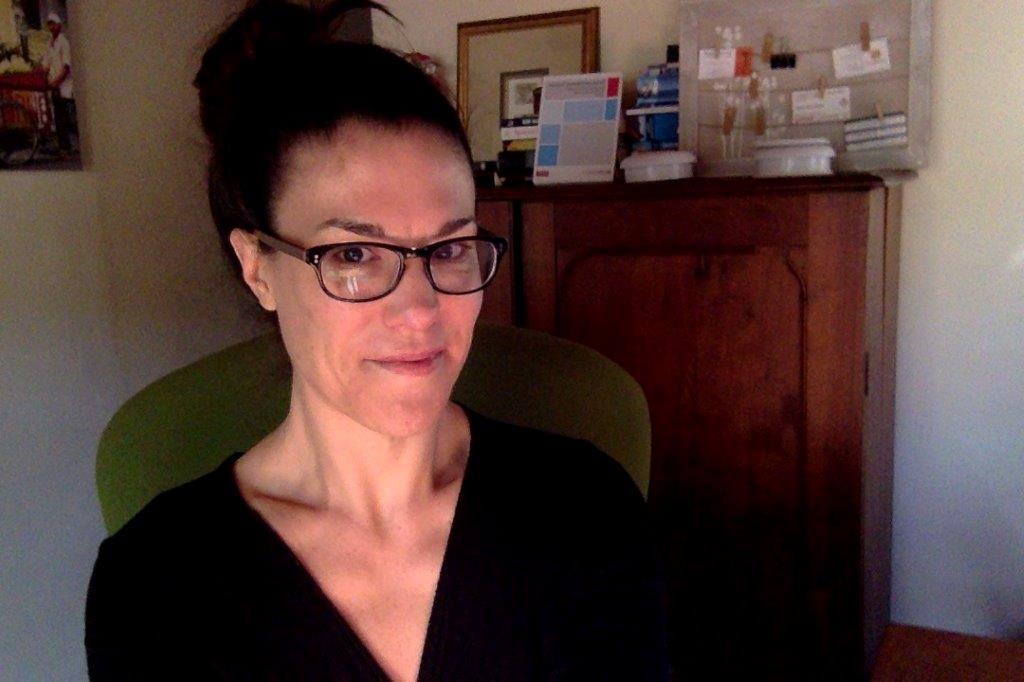 AnneMember
AnneMemberAnd Mo, you make a good point about stakeholder identification. There are some stakeholders who are strong champions and some who are strong ‘resisters’ or whose interests are possibly threatened. But most stakeholders fall somewhere in between, right? How do we identify those?
And, to chime in with another theme on the thread, when we open our doors and invite input, what if the stakeholder’s views doesn’t align with ours? How do we make our stakeholders feel valued, like their input counts for something— versus just a compulsory check on the research ticklist?
-
AuthorReplies


